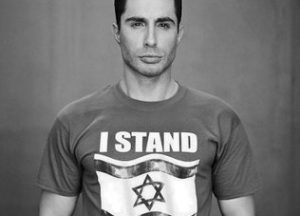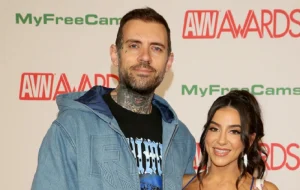Raj Kundra, the Mumbai police allege, “appears to be the key conspirator” in a racket of producing and distributing porn films. Legally speaking, a conspirator is one who deliberately plans and acts in a secret manner over a period of time in the commission of an offence.
The challenge for the police is to prove that he actively participated in the offence.
Raj Kundra, who is a businessman and the husband of Bollywood actor Shilpa Shetty, was arrested late on July 19.
As courts have held ‘suspicion cannot take the place of legal proof’, so the police will have to prove Kundra’s involvement in the alleged racket from start to finish. As the case unfolds, here’s a look at the pros and cons and all legal aspects of the high-profile case:
Also Read: What next for Raj Kundra? The charges against him and what they mean
The well settled principles of law on Criminal Conspiracy
Today, the notion of ‘deemed presumption’ is mostly applied, which is otherwise not available under the IPC. Undoubtedly, criminal conspiracies are hatched in secrecy and can only be perceived by actions of the participants, however that should not in any way dilute the standard of proof of “beyond reasonable doubt” that must be met by the prosecution.
It has never been easy to get direct evidence for proving an offence under Section 120-A, which defines criminal conspiracy. Considering this fact, Section 10 of the Indian Evidence Act comes into play.
Settled view of the courts
1. The Apex Court of the Country, in 2015, lifted the veil and in its verdict averred that it will amount to Violation of Article 21 (Right to personal liberty) if it stops an adult from exercising his fundamental right to personal liberty.
2. This came up before the Chief Justice, Supreme Court of India while hearing a PIL filed to block porn websites in India. While declining the plea to pass a restraining Order inorder to block porn websites in India, the hon’ble Supreme Court held; “ Such interim Orders cannot be passed by the Court as any one above 18 can watch anything within the closed privacy of his room.
Also Read: Haven’t found active role of Shilpa Shetty yet: Police after Raj Kundra’s arrest
3. The prosecution arrests Raj Kundra and calls him a “Key Conspirator”. Legally speaking the conspirator invariably and deliberately plans and acts in a secret manner over a period of time. Now the legal challenge here is for the prosecution to establish that he must have actively participated in the commission of the offence or was involved in it from start to finish.
What is important is that they were involved in the conspiracy or in other words, there is a combination by agreement, which may be expression or implied or in part implied…as held in “ Firozuddin Basheeruddin and others vs. State of Kerala, 2001 SCC (Crl) 1341.”
4. Because the conspiracy precedes the commission of the crime and is complete before the crime is attempted or completed, therefore the offence of Conspiracy to commit a crime is a different offence from the crime that is the object of conspiracy.
AND,
Equally, the crime attempted or accomplished does not entail the element of conspiracy as one of its ingredients they are, therefore quite separate offences.” As held in [Leo Roy Frey V. Suppdt. Distt. Jail (AIR 1958 SC 119)].
Also Read: Raj Kundra case: Who all have been arrested, what they are accused of
5. MOST IMPORTANTLY:- Once the object of conspiracy has been achieved, any subsequent act, which may be unlawful, would not make the accused a part of the conspiracy.” State v. Nalini, (1999) 5 SCC 253.
6. As held in Subramaniam Swamy v. A Raja, (2012) 9 SCC 257 “suspicion cannot take the place of legal proof and existence of a meeting between the accused persons is not by itself sufficient to infer the existence of criminal conspiracy.”
(Advocate Bobby Aanand is the founder of Metropolitan Jury, a premier law firm based in Delhi. She is also the general secretary of Nirmal Sahara, an NGO that provides free legal aid.)






